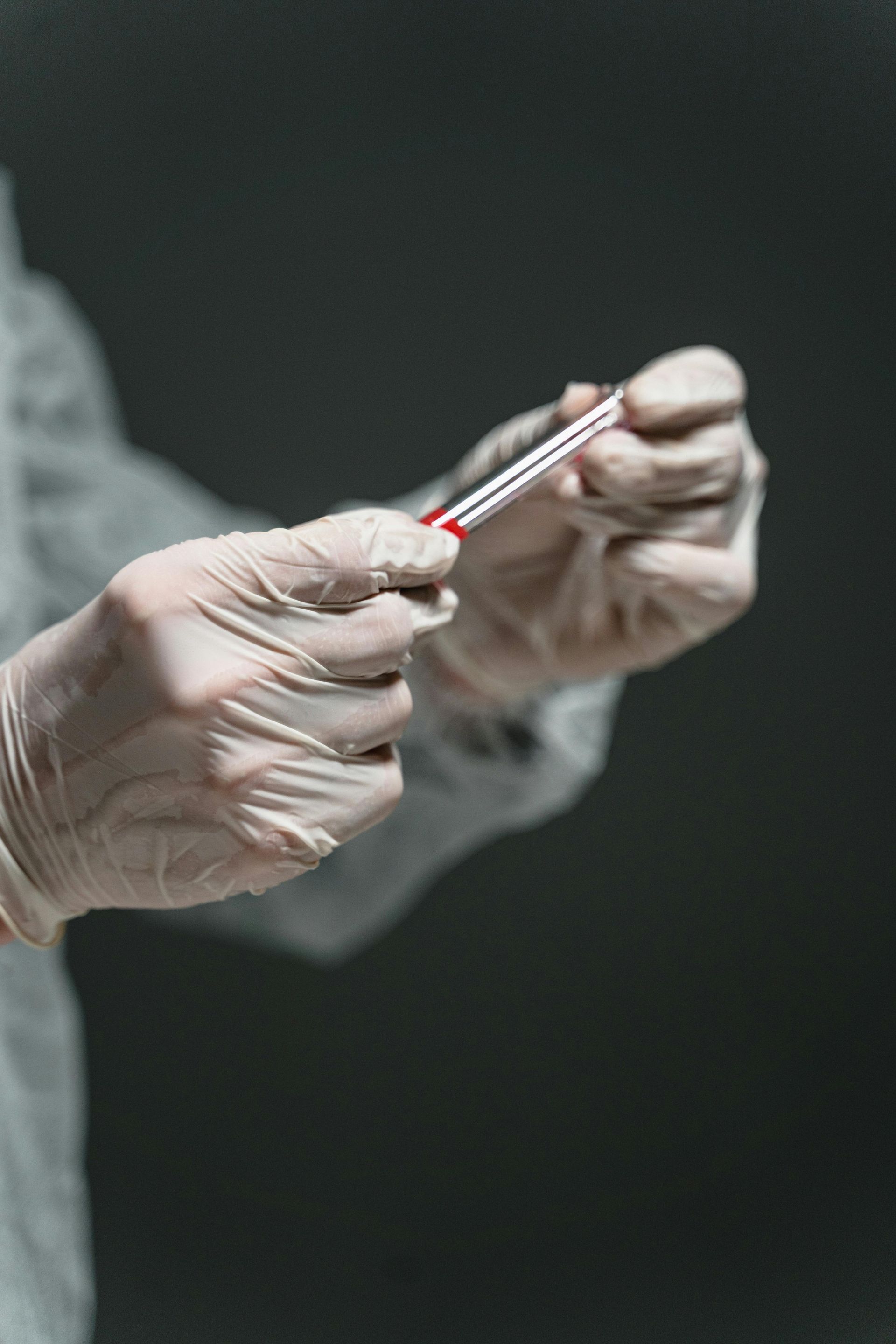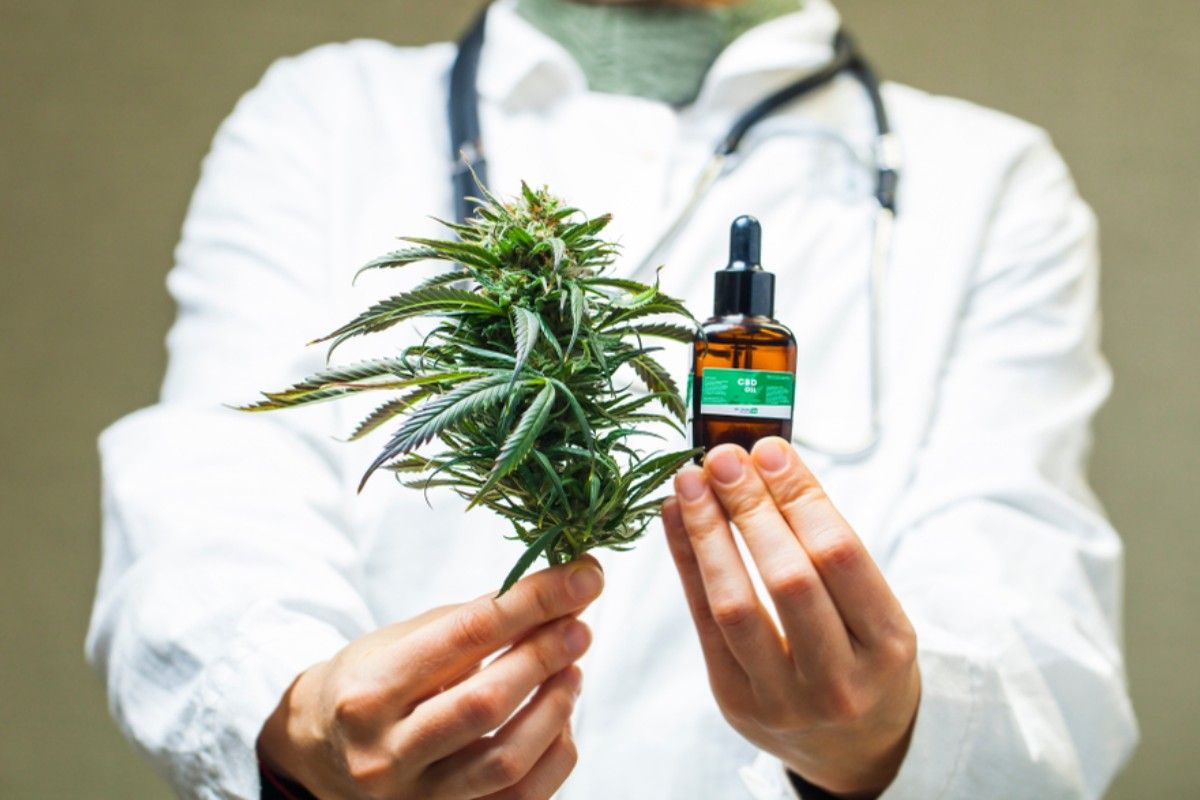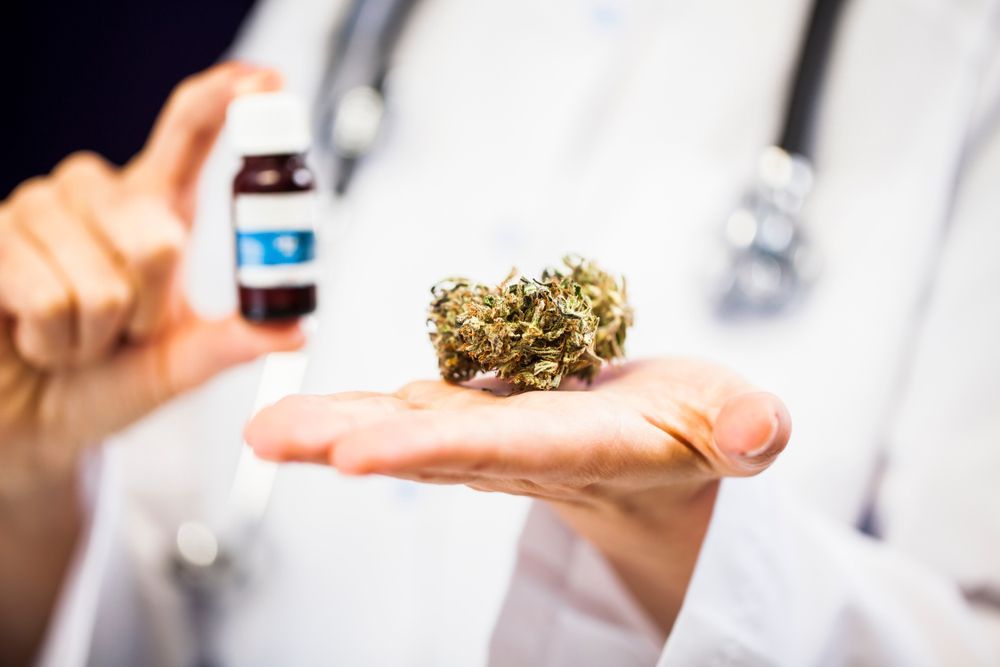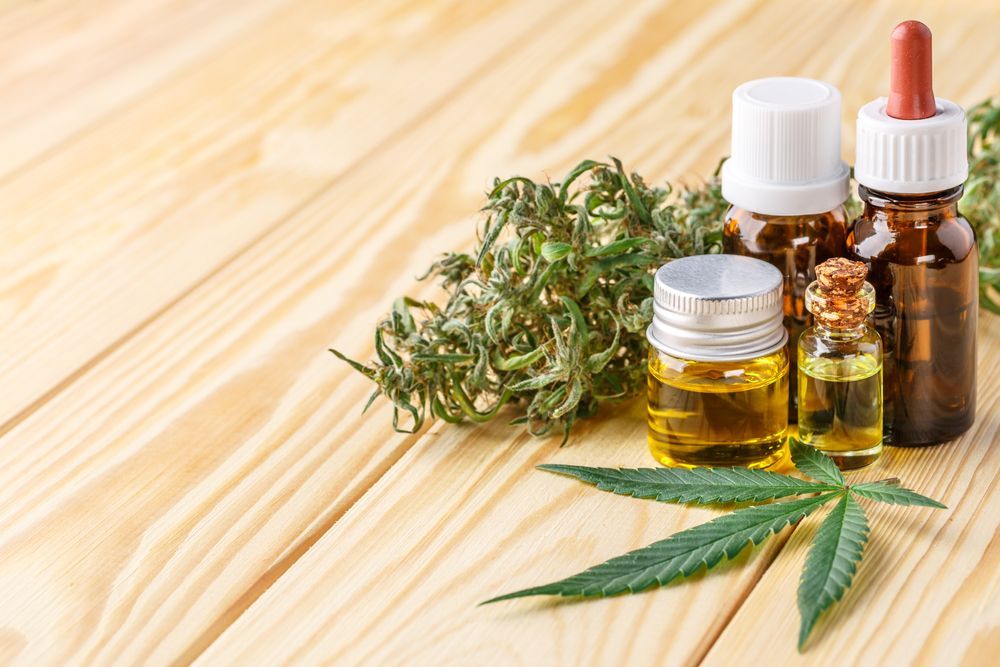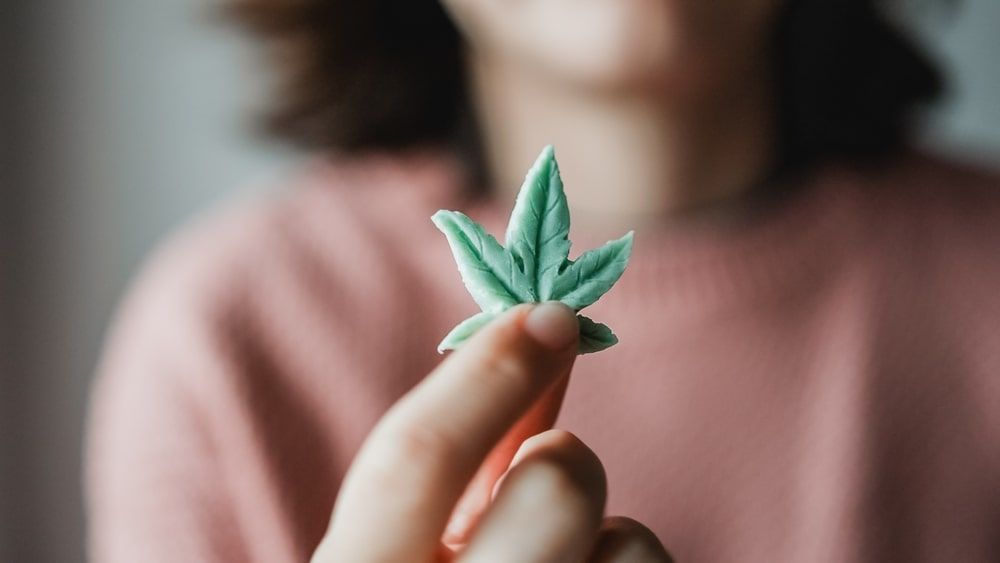Choosing the Best CBD for Seniors
CBD, or cannabidiol, is a natural compound found in cannabis plants. Unlike THC, it doesn't get you high. It's popular among seniors for its potential health benefits. This guide will help you understand CBD, its benefits, and how to choose the right product for you. Plus, our clinic offers free consultations with professional doctors and consultants to help you get started.
Health Benefits of CBD for Seniors
CBD offers several health benefits for seniors. It can help manage pain, reduce anxiety, improve sleep, and support overall wellness.
Pain Management
Many seniors suffer from chronic pain due to conditions like arthritis. CBD can help. It interacts with the body's endocannabinoid system, reducing inflammation and pain signals. You might find relief from joint pain, muscle aches, and even neuropathy.
Anxiety and Stress Relief
Anxiety and stress can affect anyone, but they often increase with age. CBD can help calm your mind. It works by influencing serotonin receptors in the brain, promoting a sense of calm and well-being. This can be especially helpful if you're dealing with stress or anxiety.
Sleep Improvement
Good sleep is essential for health, but many seniors struggle with sleep issues. CBD can help improve your sleep quality. It can make it easier to fall asleep and stay asleep longer. By reducing anxiety and pain, CBD helps create a more restful night.
Cognitive Health
CBD might support cognitive health. Some studies suggest it could help with memory and brain function. It's being researched for its potential to slow the progression of diseases like Alzheimer's. While more research is needed, early results are promising.
Bone Health
Bone health is crucial as you age. CBD may help by promoting bone density and healing fractures. It supports the endocannabinoid system, which plays a role in bone formation and maintenance.
Cardiovascular Health
CBD might also benefit your heart. It can help lower blood pressure and reduce the risk of heart disease. Its anti-inflammatory and antioxidant properties support overall heart health.
How CBD Works: A Simple Explanation
Understanding how CBD works can help you use it more effectively. It interacts with the body's endocannabinoid system (ECS).
The Endocannabinoid System (ECS)
The ECS is a complex system in your body. It helps regulate functions like sleep, mood, pain, and immune response. It has receptors (CB1 and CB2) found throughout your body.
How CBD Interacts with ECS
CBD doesn't directly bind to these receptors. Instead, it influences them indirectly. It helps increase the levels of endocannabinoids in your system, enhancing the ECS's ability to maintain balance and health.
Types of CBD Products: Finding the Right Form for You
CBD comes in various forms. Each has its own benefits and usage methods. Choosing the right one depends on your needs and preferences.
CBD Oil and Tinctures
CBD oil is one of the most popular forms. It's versatile and easy to use. You can take it sublingually (under the tongue) or add it to food. It absorbs quickly and provides fast relief. Oils and tinctures come in different strengths, allowing you to find the right dosage.
CBD Capsules and Edibles
Capsules and edibles are convenient. They offer a precise dose in an easy-to-take form. Popular options include gummies, capsules, and chocolates. They take longer to take effect compared to oils but provide longer-lasting relief.
CBD Topicals
Topicals are creams, balms, and lotions infused with CBD. You apply them directly to your skin. They're great for localized pain and inflammation. If you have sore muscles or joint pain, topicals can provide targeted relief.
CBD Vapes and Inhalers
Vaping CBD provides fast relief. It's inhaled into the lungs, where it quickly enters the bloodstream. Vapes and inhalers are ideal for those needing immediate effects. However, they may not be suitable for everyone, especially those with respiratory issues.
CBD Patches
CBD patches offer long-lasting relief. You stick them to your skin, and they release CBD over time. They're discreet and provide a steady dose throughout the day. Patches are a good option if you want consistent relief without frequent dosing.
Choosing the Best CBD Product: Factors to Consider
Selecting the right CBD product involves several factors. Quality, source, dosage, and consultation with healthcare providers are essential.
Quality and Purity
Quality matters. Always look for third-party testing to ensure purity and potency. Reputable companies provide lab reports (Certificates of Analysis). These reports confirm the product contains what it claims and is free from contaminants.
CBD Source
CBD products come in different types: full-spectrum, broad-spectrum, and CBD isolate. Full-spectrum contains all cannabinoids and terpenes from the cannabis plant, including THC (but less than 0.3%). Broad-spectrum includes all cannabinoids except THC. CBD isolate is pure CBD. Choose based on your needs and sensitivity to THC.
Dosage and Potency
Finding the best dosage is crucial. Start with a low dose and gradually increase until you find what works best for you. Consider factors like your weight, health condition, and the product's potency. Always follow the product's dosage guidelines.
Consulting with Healthcare Providers
Before starting CBD, consult with your doctor. This is especially important if you're taking other medications. A healthcare provider can help you determine the right dosage and monitor your progress. They can also advise on potential interactions with your current medications.
Safety and Side Effects of CBD for Seniors
CBD is generally safe, but it's essential to understand potential side effects and interactions with other medications.
Potential Side Effects
CBD can cause side effects. Common ones include dry mouth, dizziness, and changes in appetite. These are usually mild and temporary. If you experience severe side effects, stop using CBD and consult your doctor.
Interactions with Medications
CBD can interact with certain medications. It can affect how your body metabolizes drugs, leading to increased or decreased effects. Common medications that may interact include blood thinners, antiepileptics, and antidepressants. Always discuss CBD use with your doctor to avoid complications.
Guidelines for Safe Use
To use CBD safely, start with a low dose and gradually increase. Monitor how your body responds. Choose high-quality products from reputable sources. If you're new to CBD, consider starting with a form that's easy to dose, like oil or capsules.
Our Services: How We Can Help
Our clinic offers professional guidance to help you choose and use CBD effectively.
Free Consultation Services
We provide free consultations with our experienced doctors and consultants. During the consultation, we assess your health needs and recommend the best CBD options. We discuss dosage, potential benefits, and any concerns you may have.
Personalized CBD Recommendations
Based on your consultation, we offer personalized CBD recommendations. We tailor our advice to your specific health conditions and preferences. Our ongoing support ensures you get the most out of your CBD use.
Frequently Asked Questions (FAQs)
You might have questions about using CBD. Here are some common ones.
Is CBD Safe for Seniors?
Yes, CBD is generally safe for seniors. However, it's important to start with a low dose and monitor your body's response. Consult with your doctor before starting.
How Long Does It Take for CBD to Work?
It varies. Oils and vapes work quickly, usually within 15-30 minutes. Edibles and capsules take longer, around 1-2 hours. Topicals provide localized relief in about 30 minutes.
Can CBD Get You High?
No, CBD doesn't get you high. It's non-psychoactive, unlike THC. You can use CBD without worrying about feeling intoxicated.
Will CBD Show Up on a Drug Test?
Most drug tests look for THC, not CBD. However, full-spectrum products contain trace amounts of THC. If you're concerned about drug tests, choose broad-spectrum or CBD isolate products.
Conclusion
CBD offers many potential benefits for seniors. It can help manage pain, reduce anxiety, improve sleep, and support overall wellness. Choosing the right product and dosage is key to getting the most out of CBD. Always consult with your healthcare provider before starting.
Our clinic is here to help. We offer free consultations and personalized recommendations to ensure you get the best CBD experience. Book an appointment with us today and take the first step towards better health.

